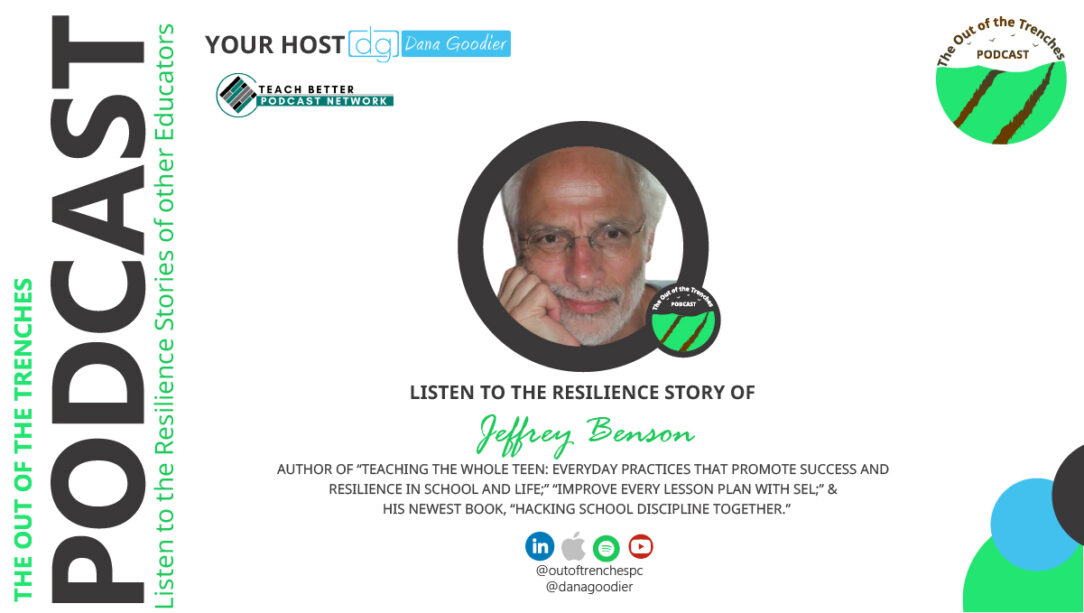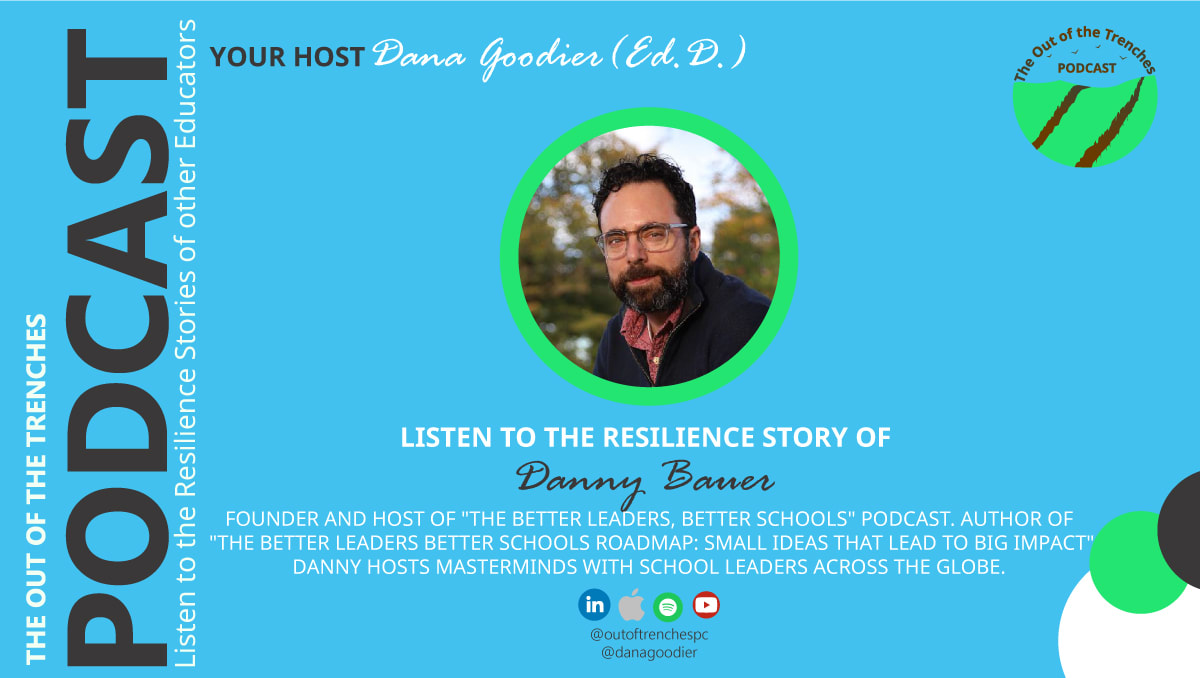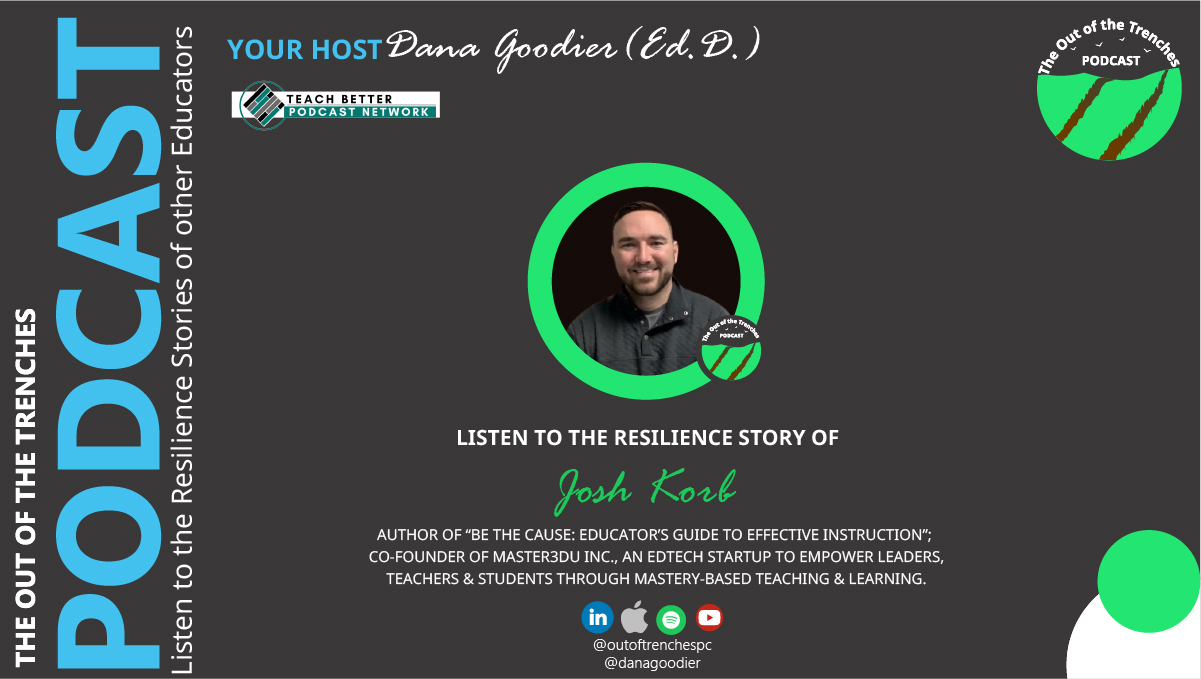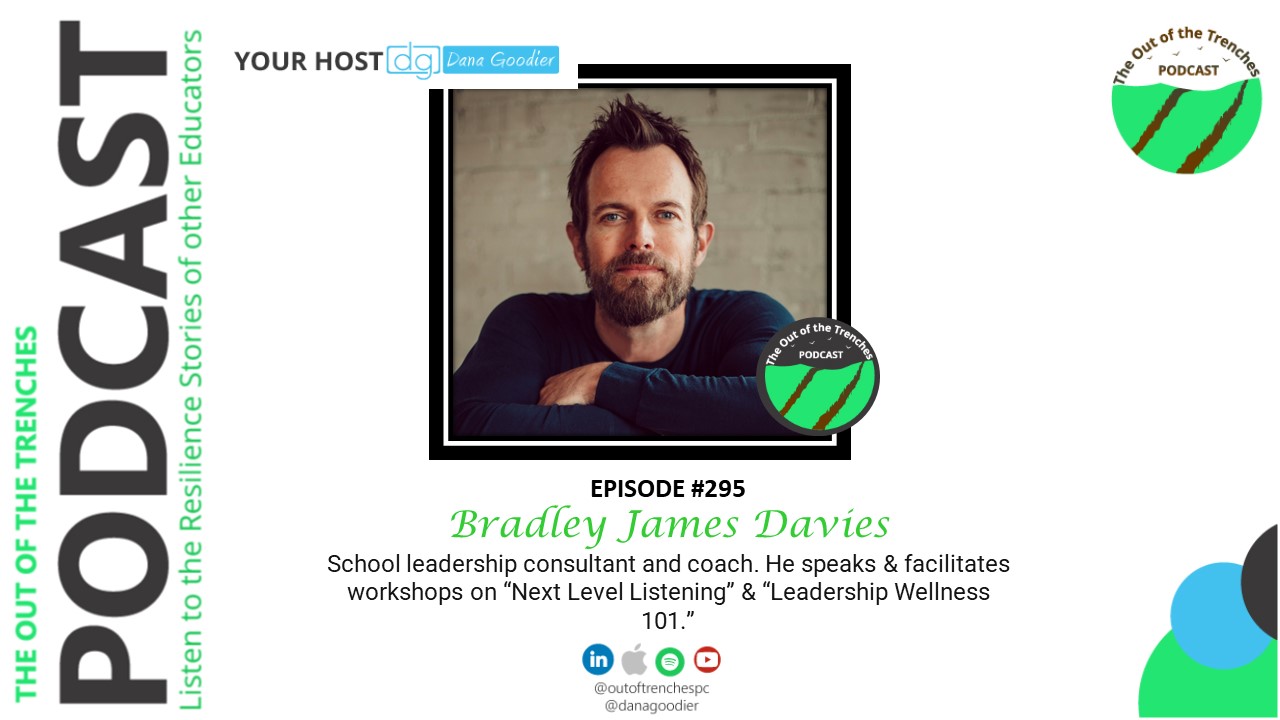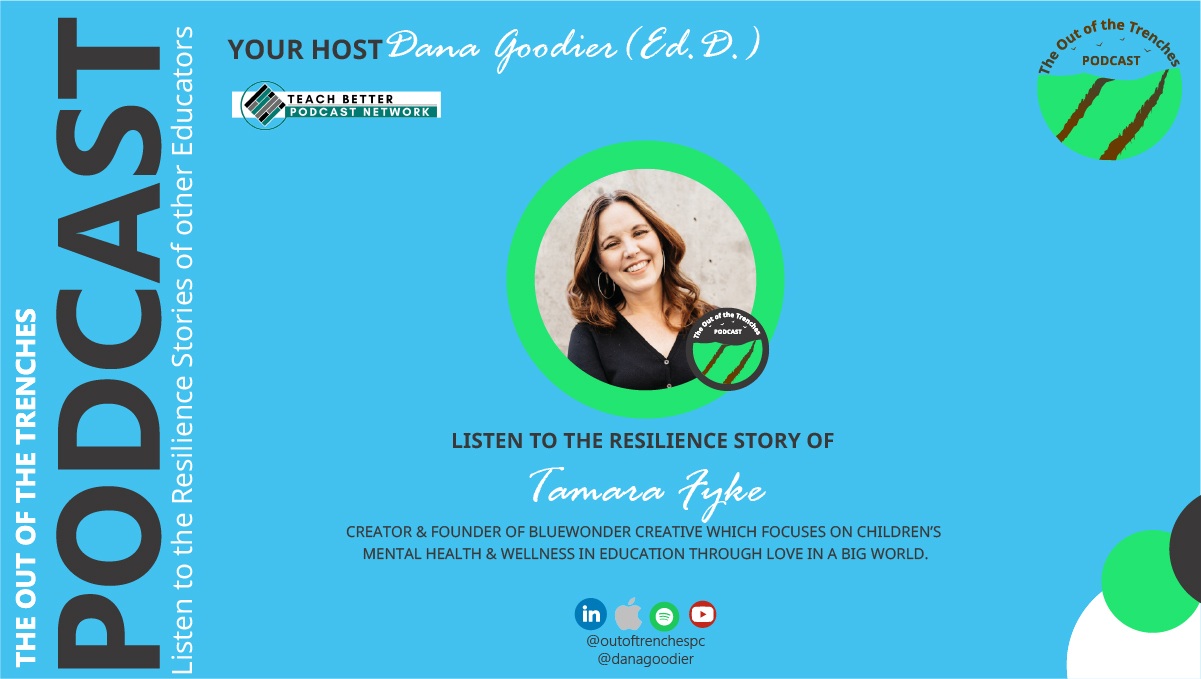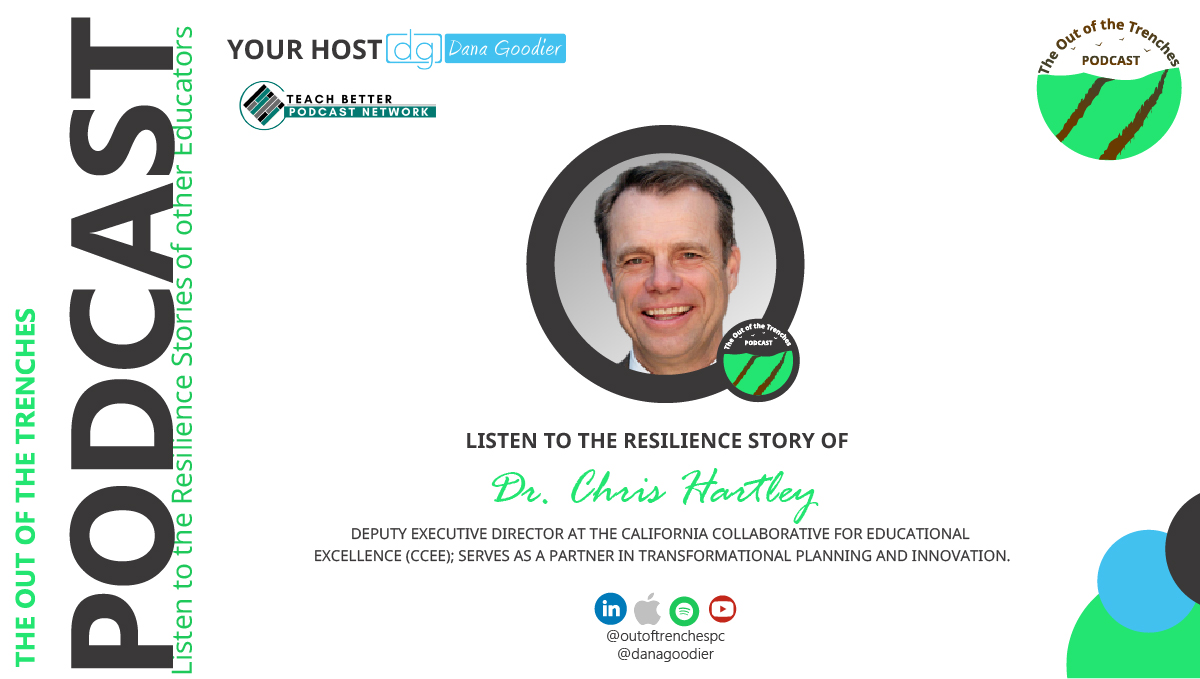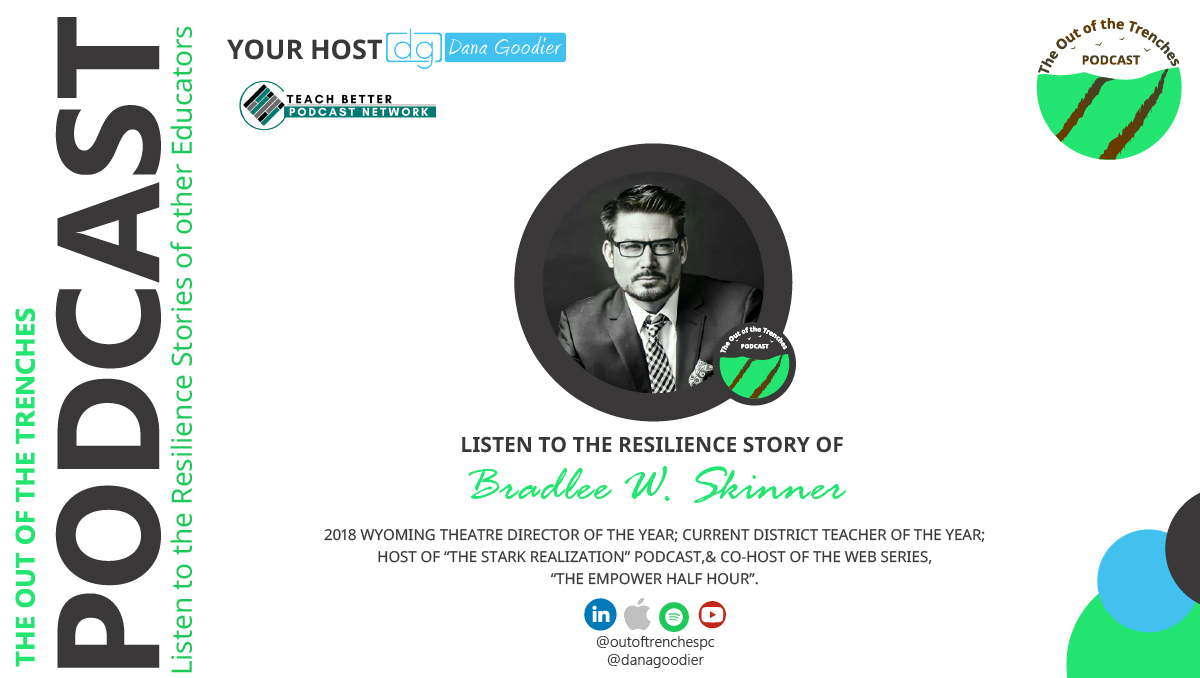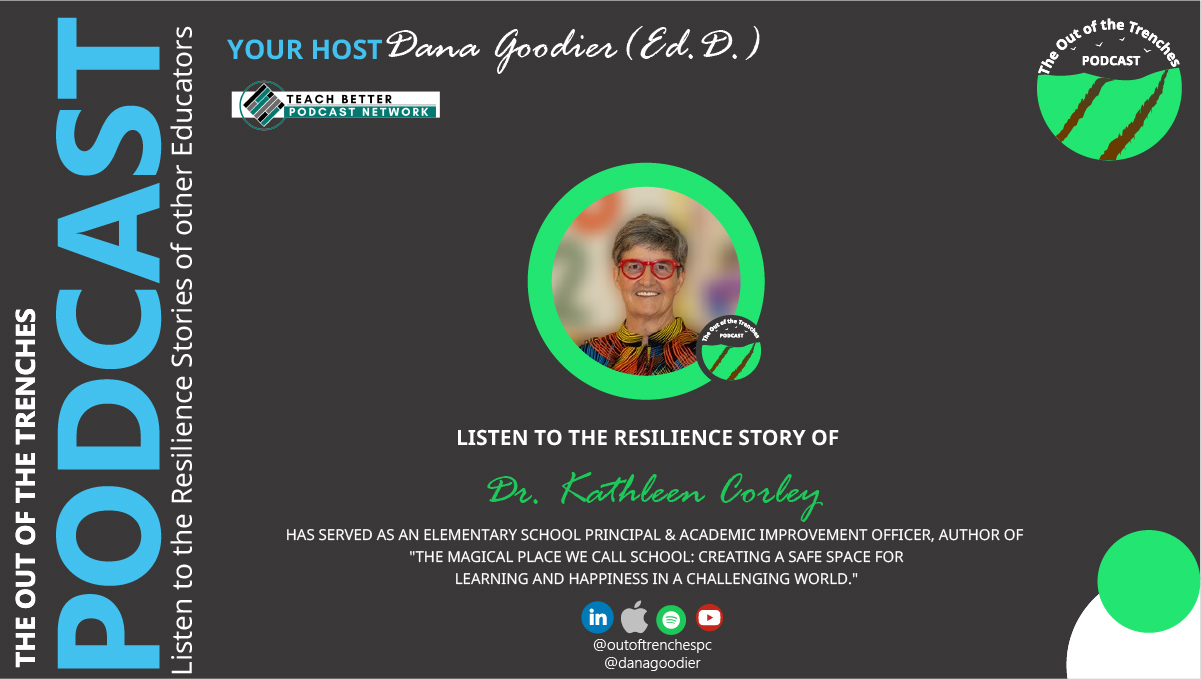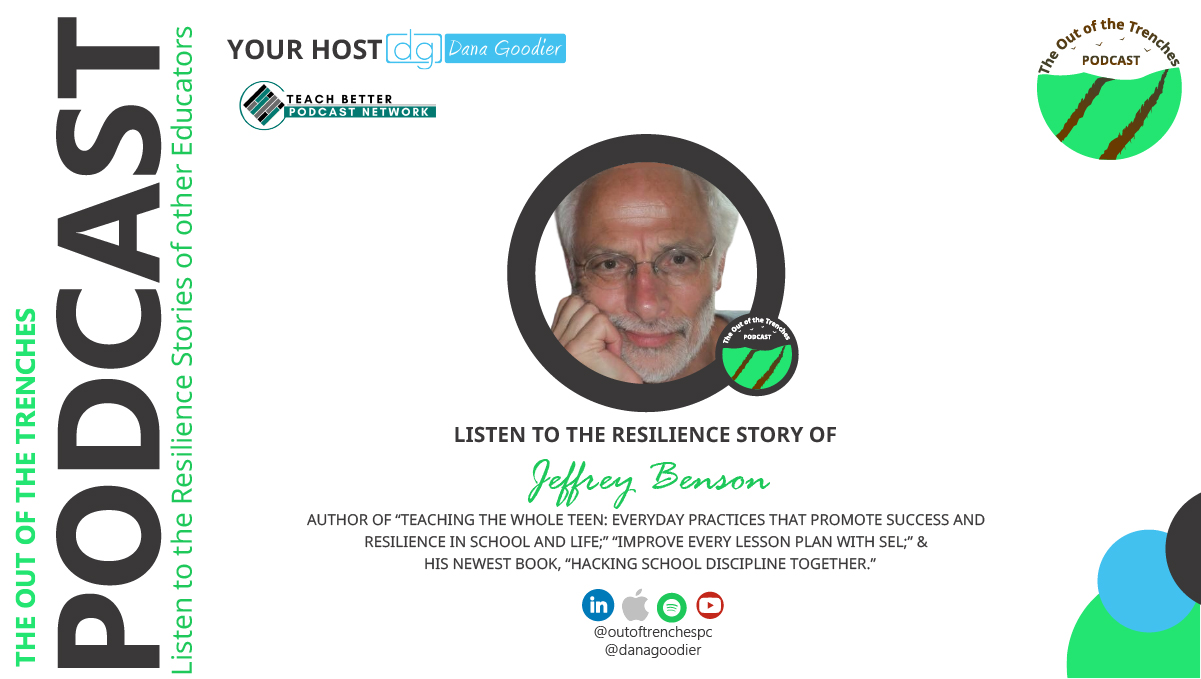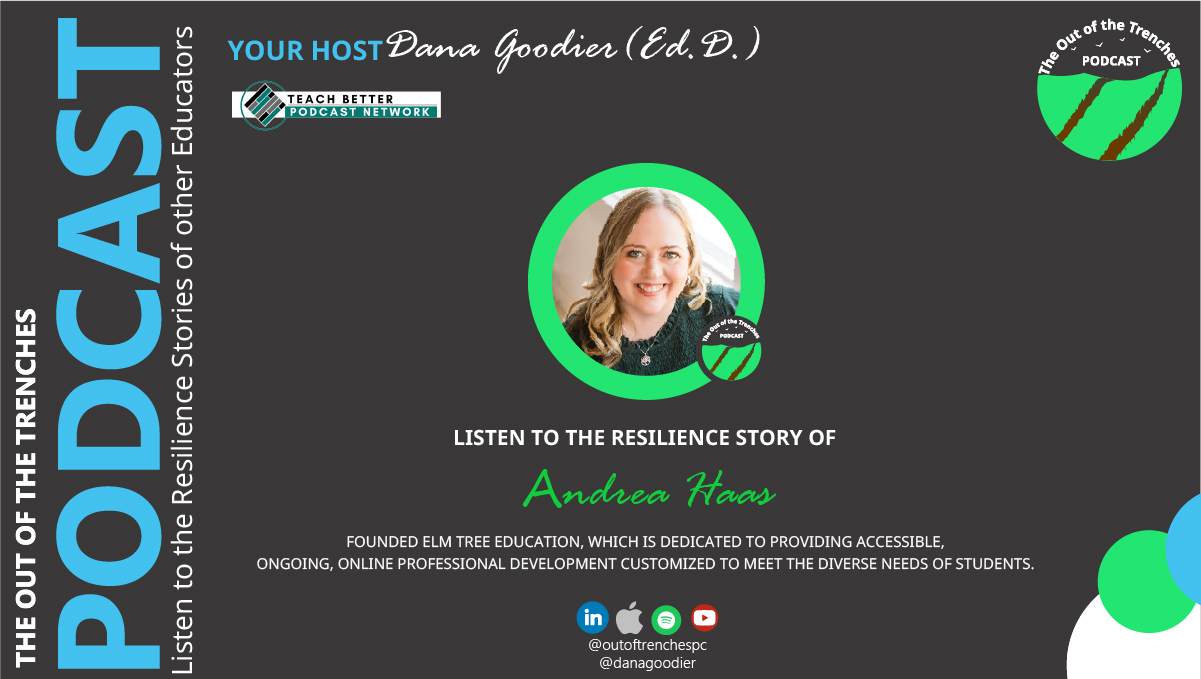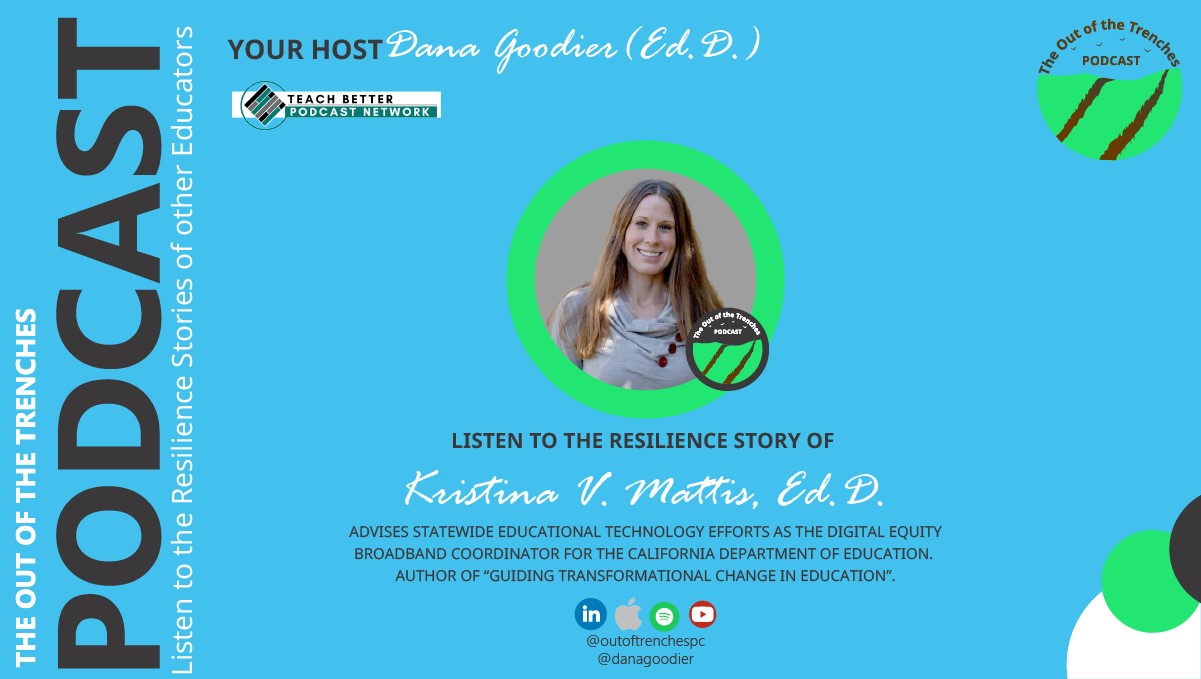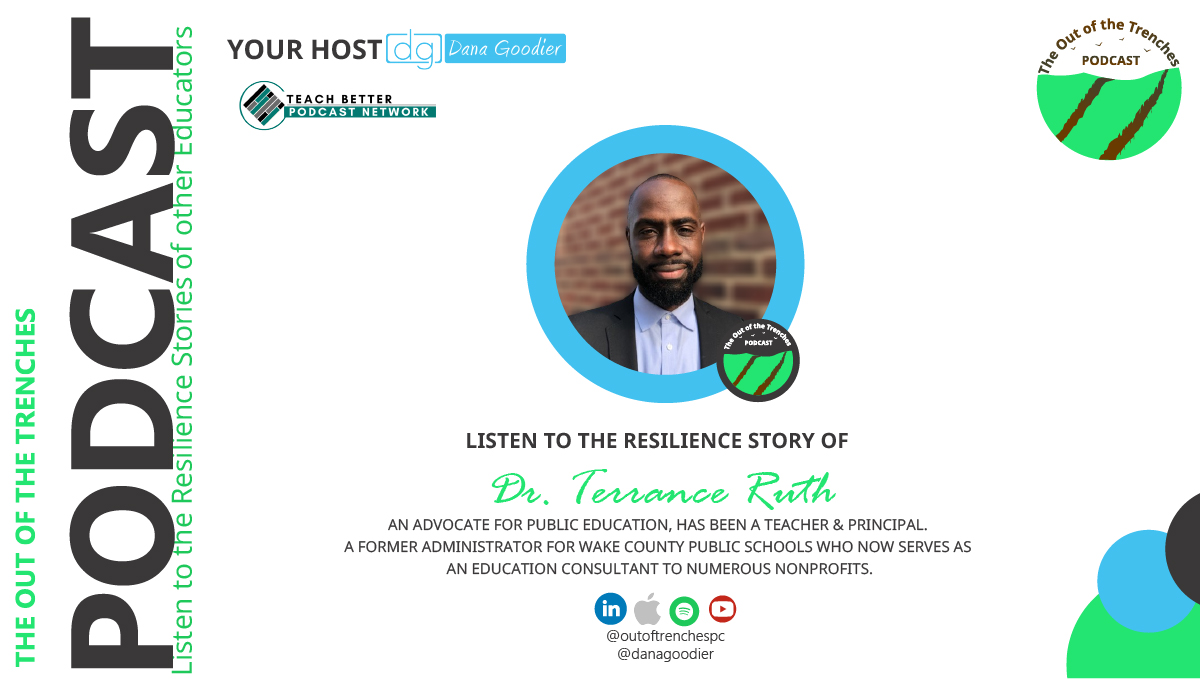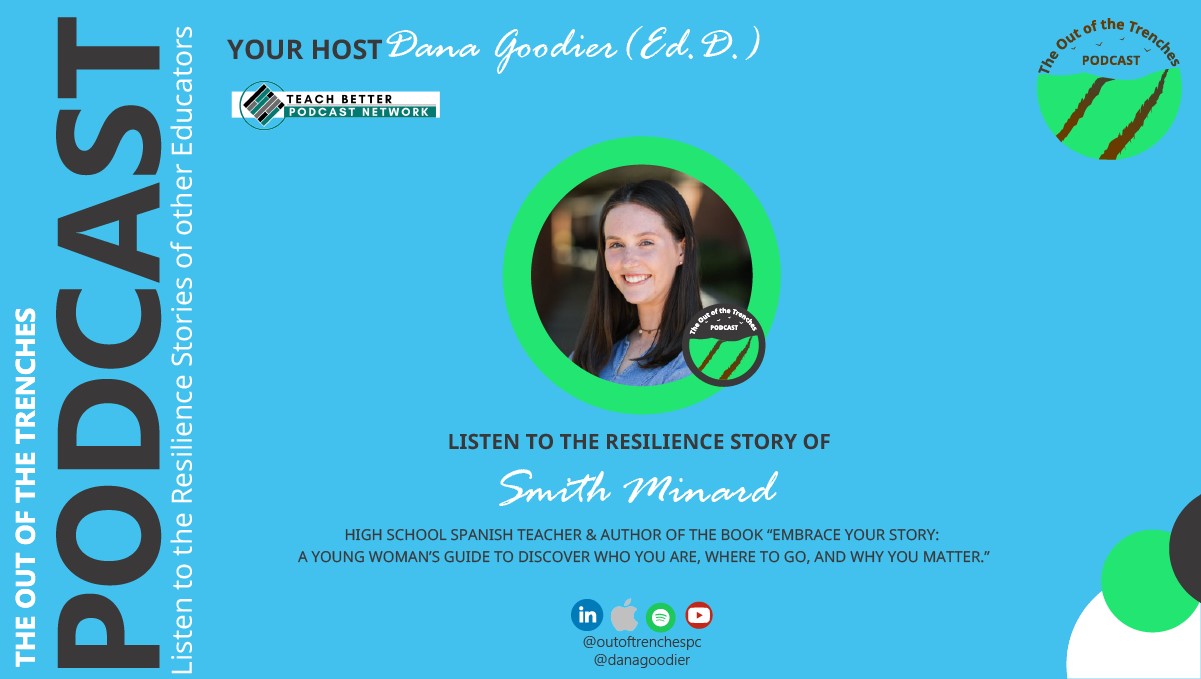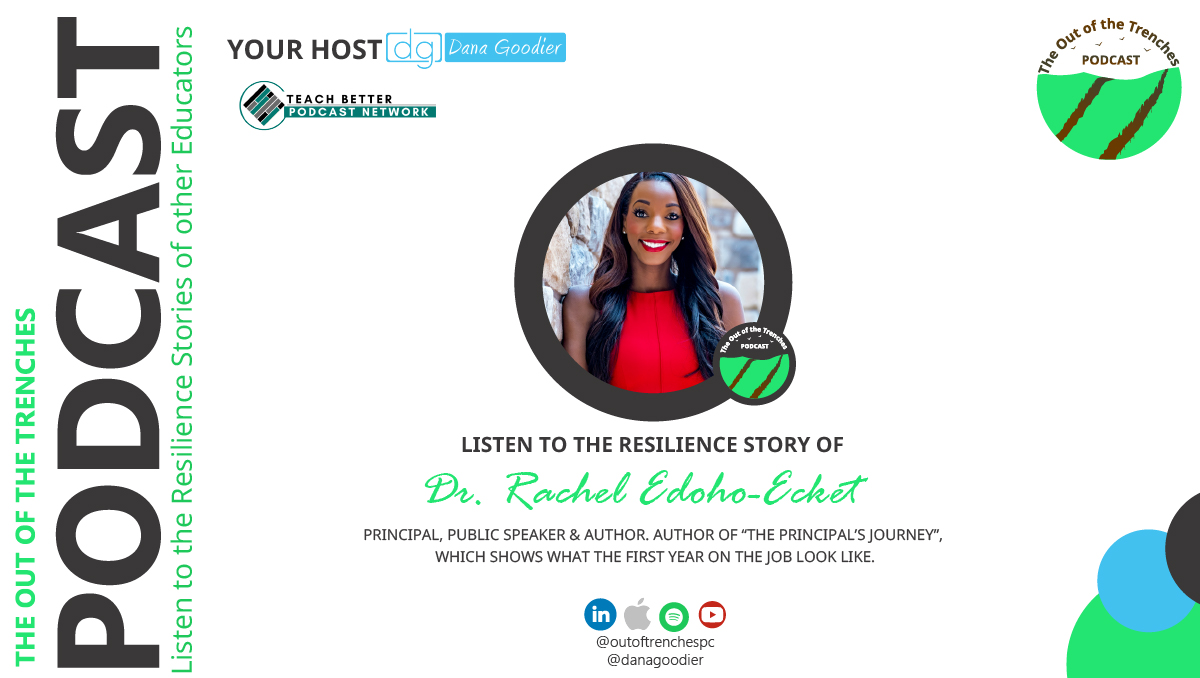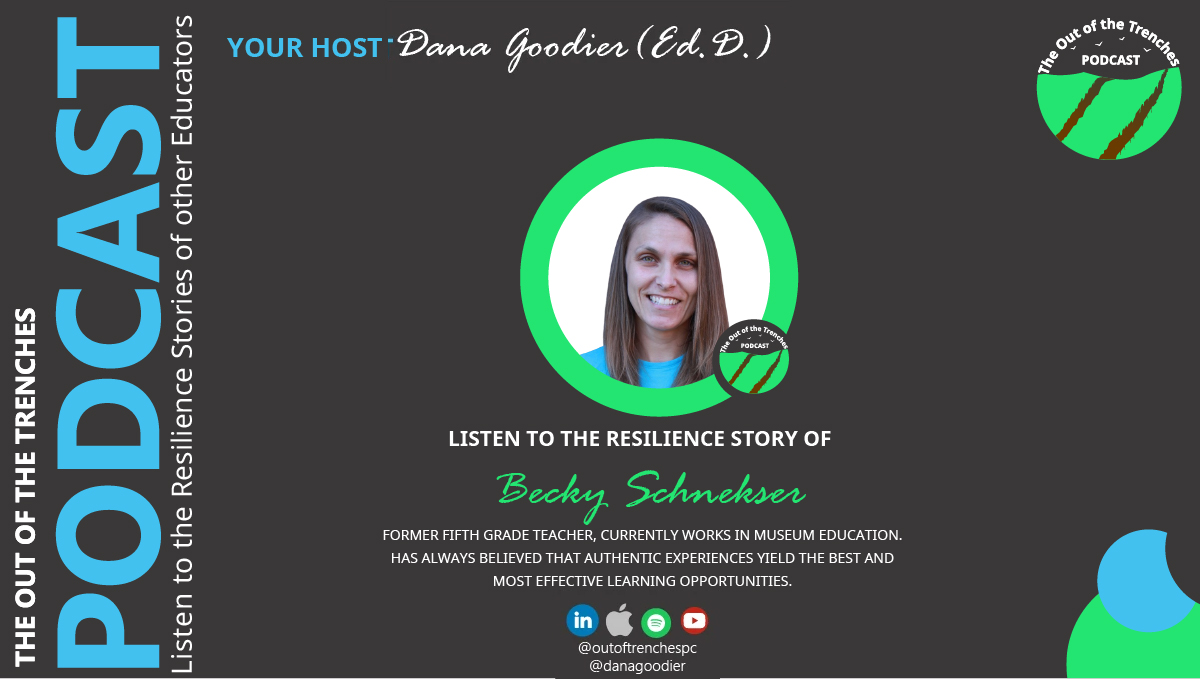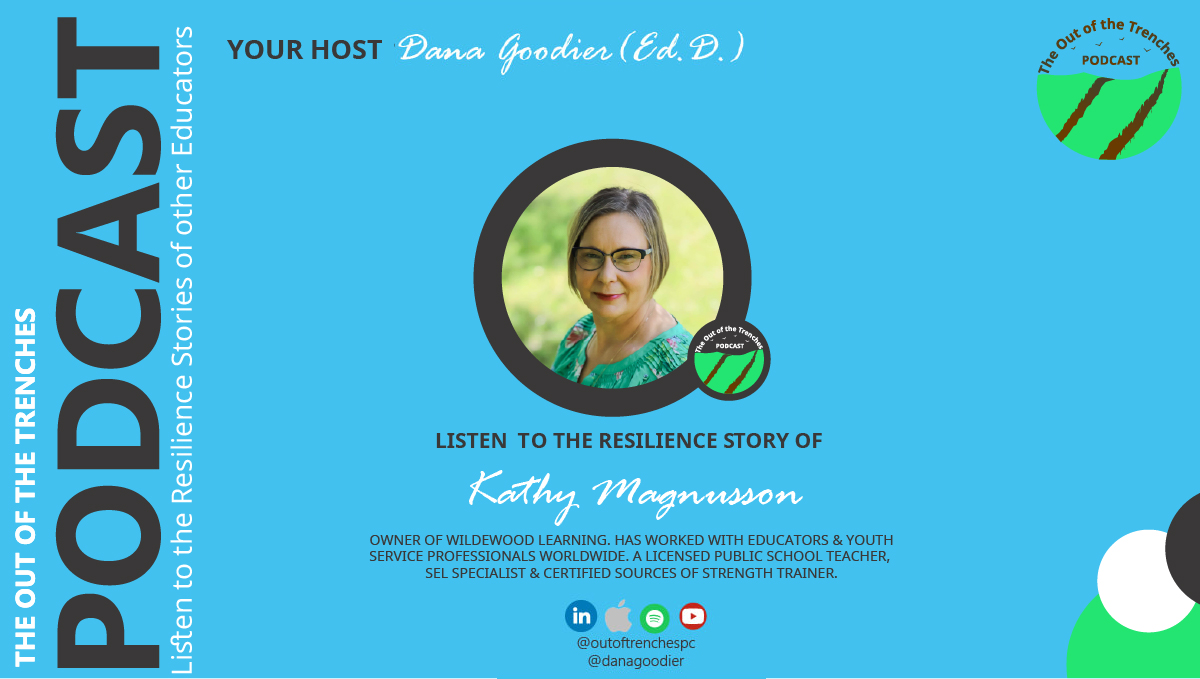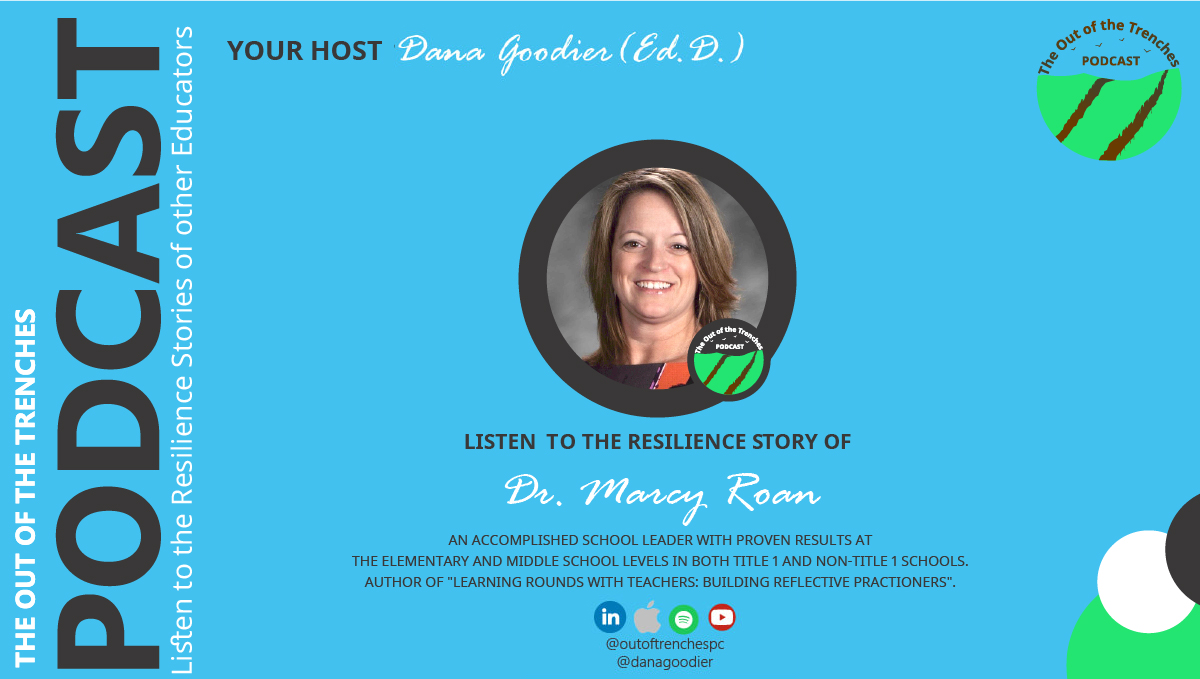Jeffrey Benson has over forty years of experience as a teacher, mentor, and school administrator. His passion is supporting schools to be more successful with more students. He is an internationally known author, including the books “Hanging In– Strategies for Working with the Students Who Challenge Us Most;” “Ten Steps for Managing Change in Schools;” “Teaching the Whole Teen: Everyday Practices that Promote Success and Resilience in School and Life;” “Improve Every Lesson Plan with SEL;” and his newest book, “Hacking School Discipline Together.” Jeffrey leads school change initiatives, facilitating interdisciplinary teams that convert long-standing dilemmas into cutting edge growth and community building, and creating more inclusive school and classroom cultures. He is a member of the ASCD faculty, is frequently published in education journals, and speaks at conference on such topics as working with challenging students, integrating SEL into everyday practices, restorative practices, decision-making skills for leaders, and the science of learning and teaching.
A large part of his career as a teacher and principal has been working with students who have been traumatized, exploited, abused and neglected–and helping schools hang in as those students grow (one of my most popular books is called “Hanging In” and his article on the subject “100 Repetitions” is used in many schools). His book “Hacking School Discipline Together” is how a school can shift from a culture of punishing students to one of restorative practices. On his website, Jeffreybenson.org, you can browse through all his articles. In his work life, he has twice made significant job changes to get himself out of bad situations.
Trenches story: has had great mentors in his life. Back when he was principal and had a new supervisor. Time after time didn’t get what he needed from her. Couldn’t do initiatives. Went to a mentor who asked him to scaffold him to be supportive of him. “Why don’t you write an IEP for your boss?” Everyone’s learning on the job. Many people who were getting into leadership positions, tall, white men. Didn’t know what they were doing the first 3-4 yrs. He helps people talk up/down the hierarchy. What can teachers do that admin can’t do?
Trauma-informed practices: has worked with kids who have been deep in the trenches a long time. How do get a system to get unstuck? How do you get folks to take risks to do change? Working with students/systems who are stuck. “What’s necessary for some kids is good for all”. How do we make safe / brave classroom? No single t should think they should “cure” a kid. Goal is to say “I dealt well w/ the kid who was having a hard time”. Article on his website “100 Repetitions”. Kids who are struggling may need 100x’s to grow w/ behaviors. We hang in thru the kid’s development. What is “100 Repetitions” all about, and why do you think it speaks to educators? Article on his website related to it. Notion that when kids are struggling they need 100x’s of something positive said to them, No educator should be given the role of “curing a kid”.
How does SEL support learning? How can they have follow through with this? If a t allows kids to be rude, etc. – what do t’s already to implicitly, what can we do explicitly. Last 20 yrs of brain science has taught us how the brain works. Brain surgeons / t’s know the best how brain works. It’s an exercise in isolating variables. How can u break down a problem w/ your peers, parents? Do kids know what they can advocate for in your class?
How do you explain brain science and its impact on teaching and learning to people who are not scientists? How do we make “stake & break” classrooms? If you’re brain isn’t feeling safe you’re not working at full capacity. “There are many ladders into the pool”.
Has an article “The Prevention Interview” about figuring out who a kid is, learning more about the background. It’s involved in all parts of a lesson plan. “How did I as a teacher do today to support your learning?”
How do we integrate restorative discipline into schools and still hold students accountable for their misbehavior? That’s what his book is about. It’s about personalizing accountability. Schools now have more kids they don’t work for. Kids are always held accountable. Detention doesn’t hold accountable-for most. When sending kids to office, often t’s want them to talk to him or her. Not just get a slap on the wrist. Empower each other to “choose from the menu” what works best w/ kids. Consequence to fit action-like kicking over trash. Did st do something to earn our forgiveness? Communication b/w t’s writing referrals, and deans/admin. In book it’s laid out chapter by chapter for the year.
How do educators apply the concept of “positions and interests” into their daily work, as you advocate so frequently? F.ex. I want st’s to add fractions w/ different denominators, Do I get locked into a specific position? Take a moment saying to t’s “what do you want to accomplish w/ that? What’s the goal/interest? All of our work is in positions & interests. What are your interests? Come w/ interests / share in the solution. We share interests in what we want for the student.
He still taught part-time as administrator. He thinks we treat t’s poorly. We handcuff them from doing what’s best for them. How do we work w/ this curriculum?
Supporting student voice, choice, self-regulation and advocacy: we should make that explicitly taught. Kids fail, they feel stupid. No one ever says “almost”. List on website. Some kids know a little bit about that. Could make it explicit in the cr. We can do specific things to remind kids what to do. Cultural things, what they can ask adults, peers.
Public speaking engagements? will be at ASCD conference in DC March 24-26, will be talking through new book. He likes embedding work into schools. Likes to stay in the schools a long time working w/ them.
out of everything: When you’re working with new kids there’s an overwhelm of what you need to do-ask yourself how you can best take care of kid? We need to do our best to take care of kids in front of us. Share on X
Where can ppl find you online: www.Jeffreybenson.org LinkedIn [email protected]
MORE EPISODES

